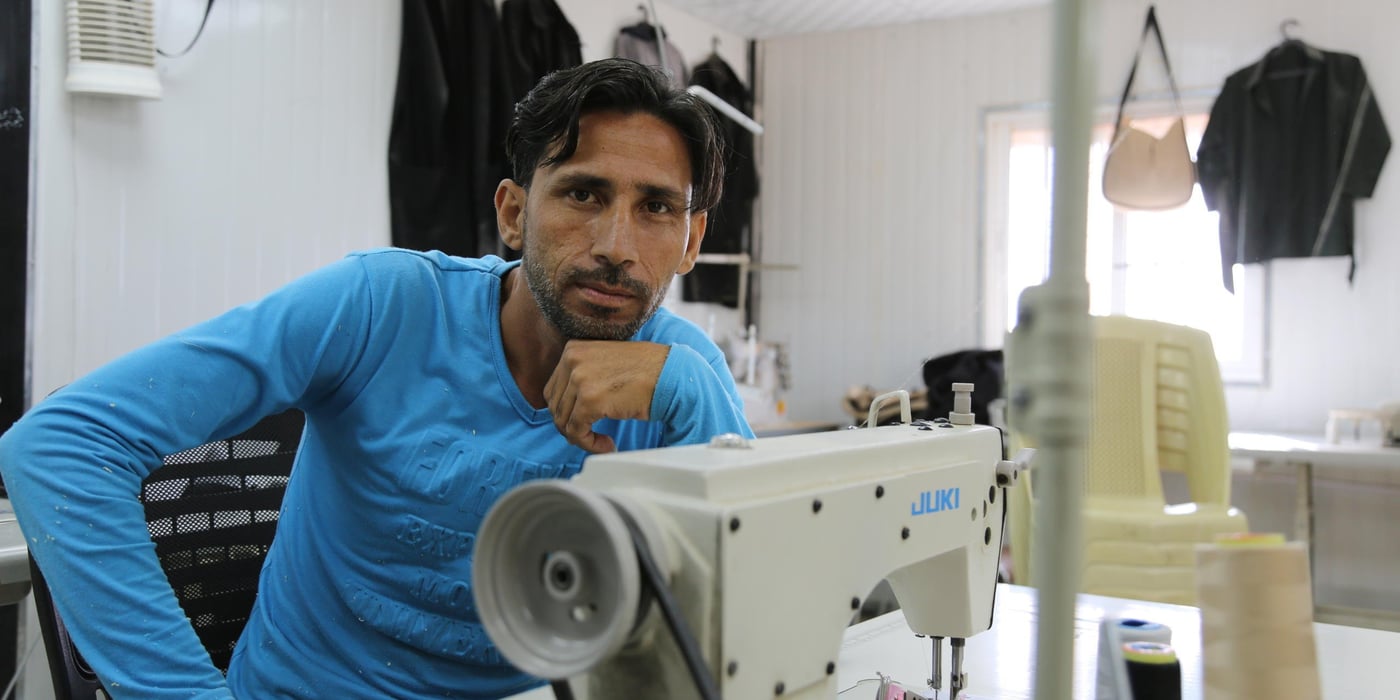Similar to the other 520,000 registered Syrian refugees living among host communities in Jordan, declining levels of humanitarian assistance coupled with Mahmoud’s inability to find legal work are making it borderline impossible for him to provide for his extended family of 16.
Every day, Mahmoud has to think about how he is going to put food on the table for his family. “There are days when there is no food at all”, he says.
Increasing number of Syrian refugee families in Jordan report unmet food needs according to the World Food Programme (WFP) with 85% of refugees considered food insecure compared to 48% only a year ago.
Mahmoud and his family had to sell a gas bottle, a few bed covers and a fan to buy food and pay their utility bills last month. “I am afraid that I will run out of items to sell”, says Mahmoud.
As the conflict in Syria drags on, refugees in neighbouring countries like Jordan become further impoverished and forced to resort to negative coping mechanisms to feed their families.
On average, Syrian refugee families in Jordan ask their neighbors for food five times per week, reduce the number of times they eat in a day or restrict food for adults so children can eat. They are also increasingly likely to be in unsustainable levels of debt and resort to child labour to try to make ends meet.
Like the vast majority of Syrian refugees outside of formal camps in Jordan, Mahmoud and his family lives below the national poverty line (under $96 per person per month). The lack of household income also affects Mahmoud’s ability to keep his children in school.
“[My children] have to skip school for a few days sometimes because I am not able to pay for their transportation”, he says adding that even when he can pay for them to reach school he cannot afford any stationary. “I can barely afford bread and rice, let alone their education”.
Despite their financial hardships, items with symbolic importance still matter. The thing that saddened Mahmoud the most was selling a gift he bought for his daughter when she was born. “I had to sell my daughter’s earrings to buy this month’s food”, he says.
*NRC changed all the names to protect the identity of those featured in this piece




